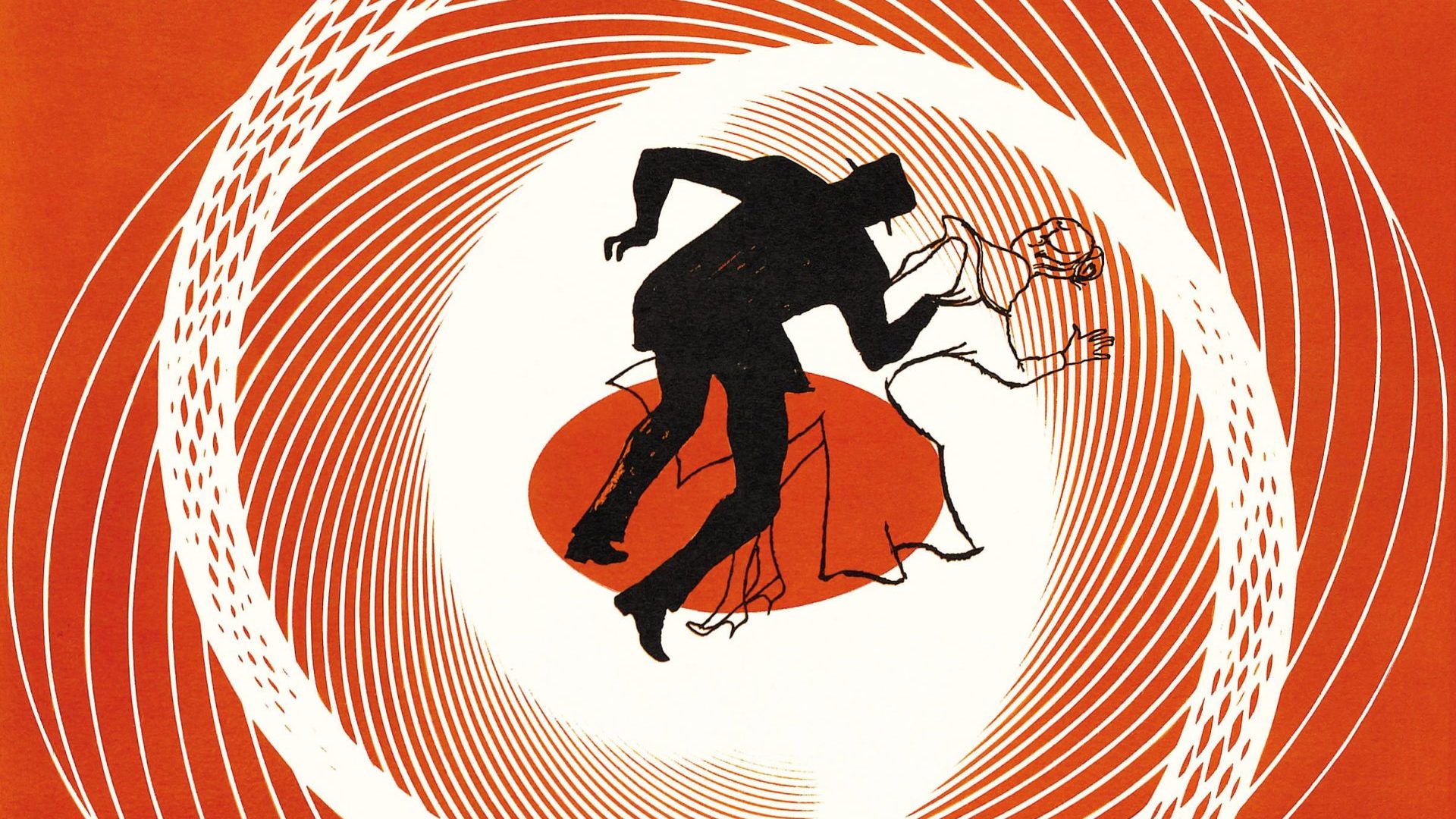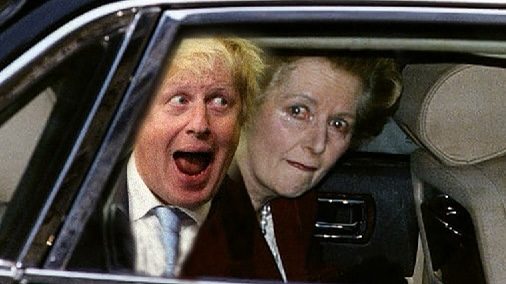It’s long been true that the British economy is dysfunctional. It is a low investment, low competition, low innovation, increasingly low wage economy locked into too many legacy sectors that continually fails to capitalise on its strengths, notably a great science base, plentiful business start-ups and a willingness by its businesses and consumers to embrace the digital revolution.
Creating fit for purpose economic institutions, attacking monopoly rents and thinking strategically has been abjured for an over-reliance on market forces, whatever they may bring, supplemented by a plethora of sub-scale funds and short-lived initiatives. It hasn’t stemmed the weaknesses.
Already failing, the pandemic and Brexit have combined to accelerate this dysfunctionality into a toxic mediocrity. Our economic prospects are grim. If not handled carefully the economy could too easily tumble into a full scale crisis of not merely falling living standards, but serious financial and business distress. The storm warnings are increasingly there for all to see.
The forecasts from the Bank of England in its recent February Inflation report, others from the International Monetary Fund and surveys of manufacturing trading experience and investment plans are profoundly sobering.
The dramatic 54% rise in energy bills when the price cap is lifted in April, even though partially offset by the Chancellor’s recent package, are at the heart of an inflationary surge this spring to over 7% that will trigger the biggest squeeze in households’ spending power since records began in 1990.
The resulting fall away in consumer demand over the next few years will be married to weak investment, weak inward investment and weak exports induced largely by Brexit.
The interaction is baleful. The Bank of England projects “growth” of 1% in 2023 and 2024. The IMF expects worse, virtual economic stagnation.
Manufacturing in particular is in difficulty. Although it constitutes only 10% of GDP, manufacturing drives 45% of British exports and some two thirds of all R&D spending – and, via its supply chains and purchase of service sector support, accounts for up to another 10% of GDP.
As many as 8 million jobs depend on its vitality. Yet the manufacturing sector has been flatlining for most of the last six months. Car output in 2021 was the lowest since 1956.
The reasons are not hard to find, even if few dare to voice them – as exemplified by CBI director general Tony Danker in a recent otherwise strong speech calling for an economic reboot, but scarcely referencing Brexit.
The Make UK/PWC survey of manufacturers in 2021 reported that two thirds said they were hampered by Brexit, with 56% expecting no relief going forward; worried about everything from product labelling to conforming with EU regulatory standards and checks. The five-mile lorry queues outside Dover and 15-mile queues outside Calais are visible demonstrations of what is hampering production and export decisions; British export growth is underperforming all our European peers. Of course the car industry is hard hit: eight out of 10 cars made in the UK are exported to the EU.
Nor is it just manufacturing. The creative industries, another major employer, are also suffering. For example musicians need to tour, and for that they need to move their instruments and people easily from EU country to EU country; the market on our doorsteps.
As matters stand, the incapacity to travel freely, beset by the restrictive post-Brexit cabotage rule governing movement within a third country, puts the industry on a cliff edge. In financial services banks, asset managers and law firms are quietly making sure they continue operations in the EU by boosting their EU operations. All this deters inward direct investment from overseas – already set back by a worldwide weakening. But the fallaway into the UK is significantly greater, so that for the last two years, 2019 and 2020, for the first time France has won more inward investment projects than Britain, according to an annual survey by EY.
Meanwhile, one million workers have left the labour market – the great resignation – which coupled with the collapse in EU inward migration has led to acute labour shortages.
For the first time since the mid 1970s there is real danger of a wage price spiral, confronting the Bank of England with most dangerous economic policy challenge since it was made independent in 1997. Raise interest rates too quickly and pre-emptively to contain inflation and a crash in property values and mushrooming of loan defaults could be triggered. Move too slowly and inflation could become so embedded it becomes impossible to lower easily.
Thus the recent hesitancy over when and how quickly to raise interest rates, recently increased to 0.5% with more in prospect – but to what degree and when wholly uncertain. The Bank is walking a tightrope.
Besides these challenges the government is stubbornly burying its head in the sand. Its attempt to bring together the benefits of Brexit in one publication – The Benefits of Brexit – refuses in page after page to recognise trading realities.
The problems confronting the car industry, the creative industries and financial services in accessing EU markets for example are ignored, with invocations to the opportunities in the US, Japan, Australia and Singapore while bigging up sub-scale domestic initiatives almost all of which were possible as an EU member state.
In any case it has abandoned an industrial strategy, doubling down on the failed thinking of the last 40 years – invocations to market forces, lowering “regulation” deemed a priori to be stifling business and championing a plethora of sub-scale funds and initiatives to “level up” or build an isolated new factory.
This should not be a surprise. Brexit itself, justified as throwing off the yoke of EU regulations to permit a free-market Britain to pursue its destiny as a free-booting aspirant global power, was the logical culmination of 40 years of economic wrong-headedness.
Paradoxically it was membership of the EU that partially protected Britain from the consequences; a flood of inward investment to exploit EU markets, some reindustrialisation built on exports to Europe, generous funds and loans to relieve regional inequality and British leadership of EU science and research programmes.
The open question is how quickly people’s lived experience of a stagnant economy and tolerance of the mismatch between the soaring rhetoric of “global Britain” and mediocre reality will force policy change – repairing the broken relationship with the vast European market on our doorsteps and getting strategically serious about creating a vibrant economy.
Whatever else, the grim prospects for the next few years will bring that moment nearer.
Will Hutton is a former editor of The Observer and author of The State We’re In.



